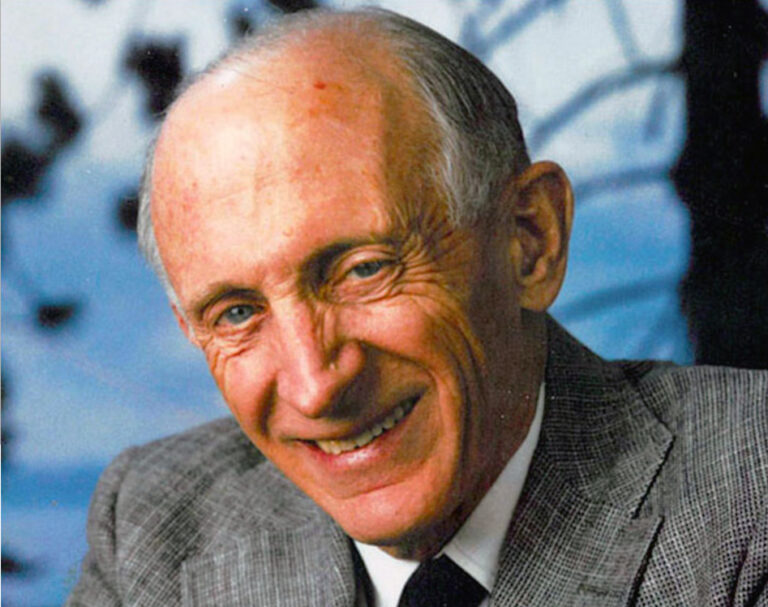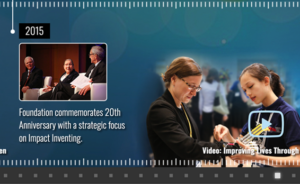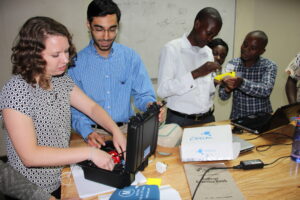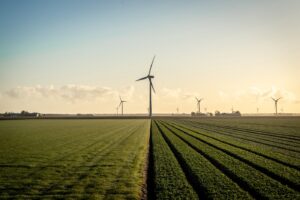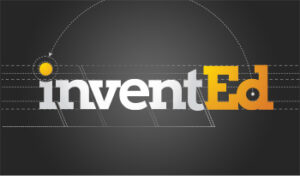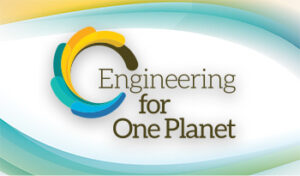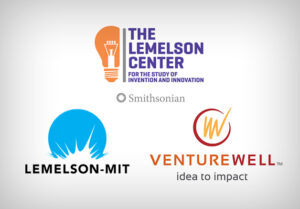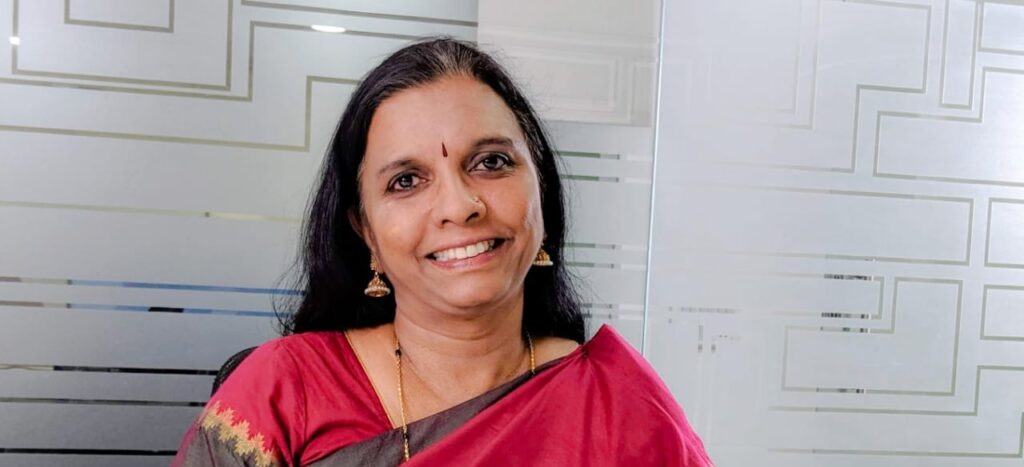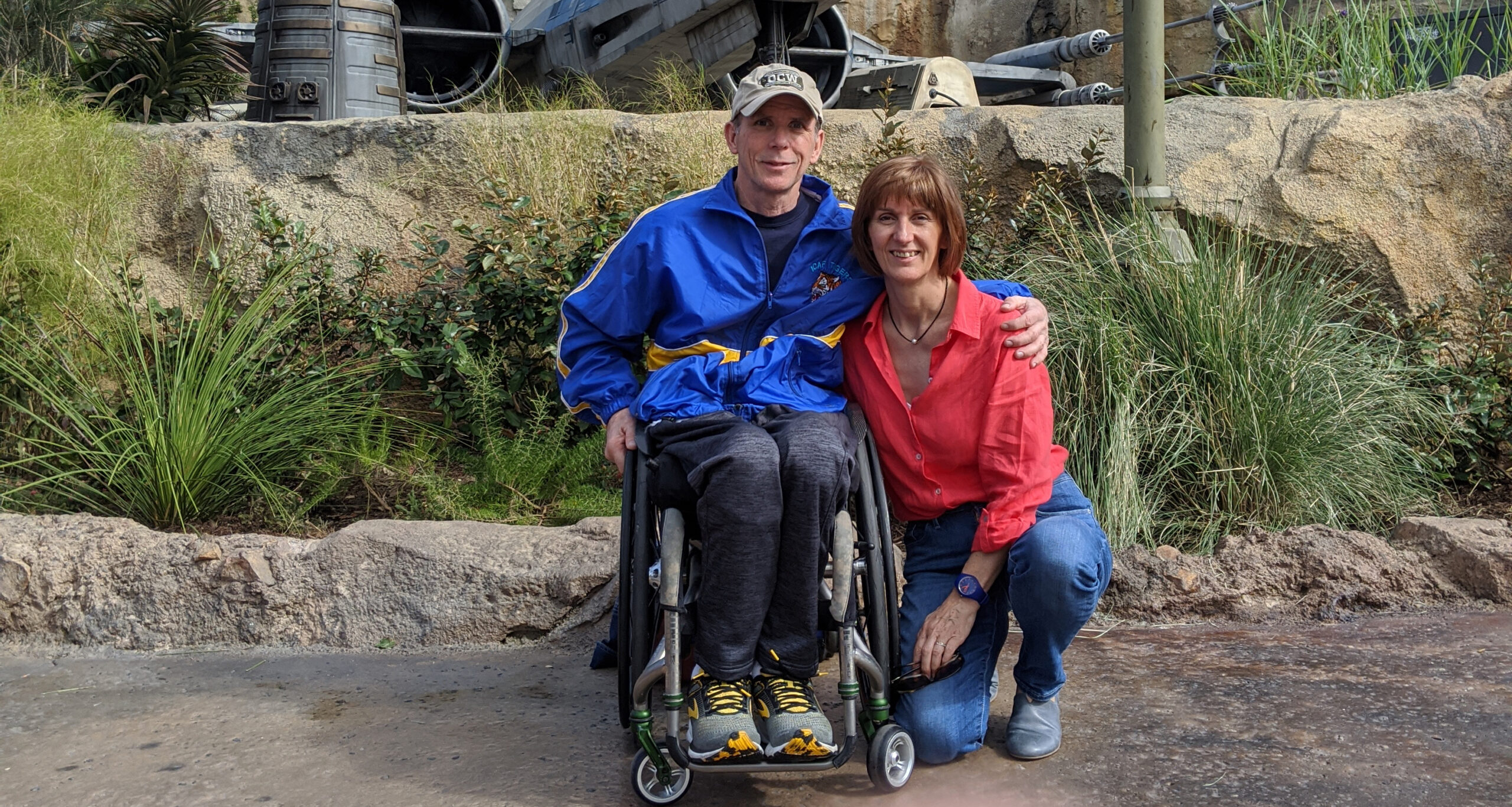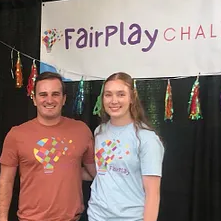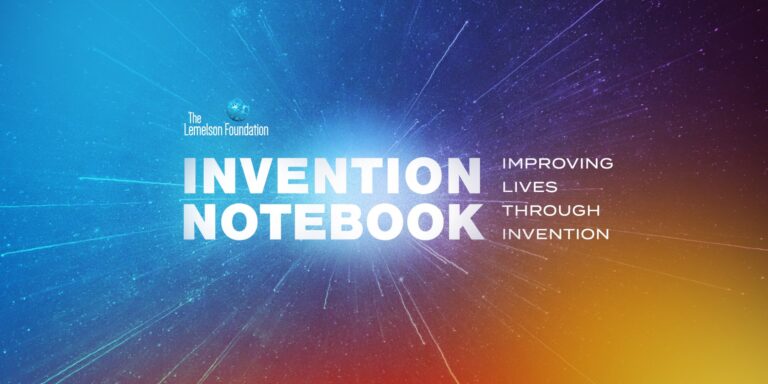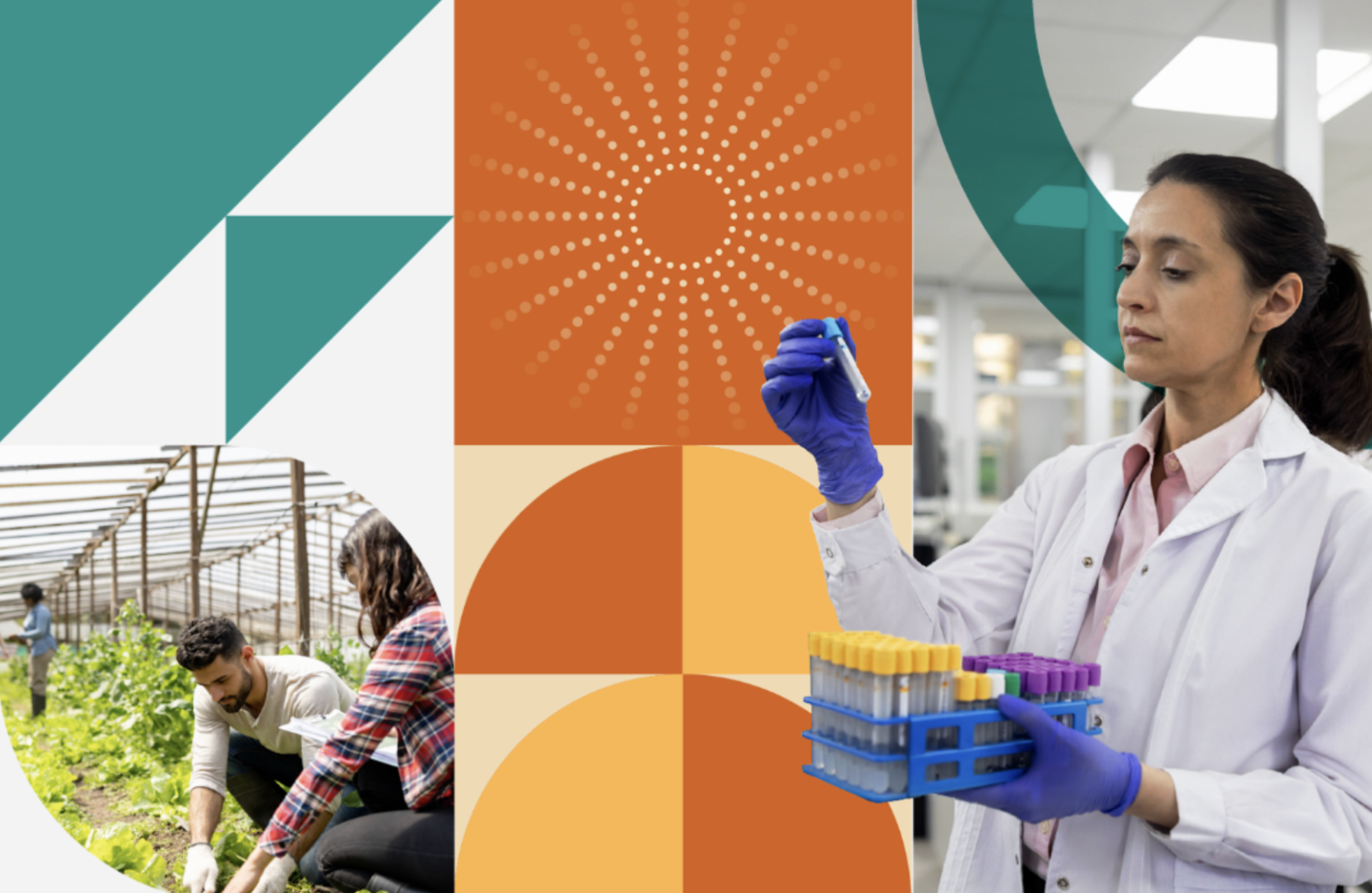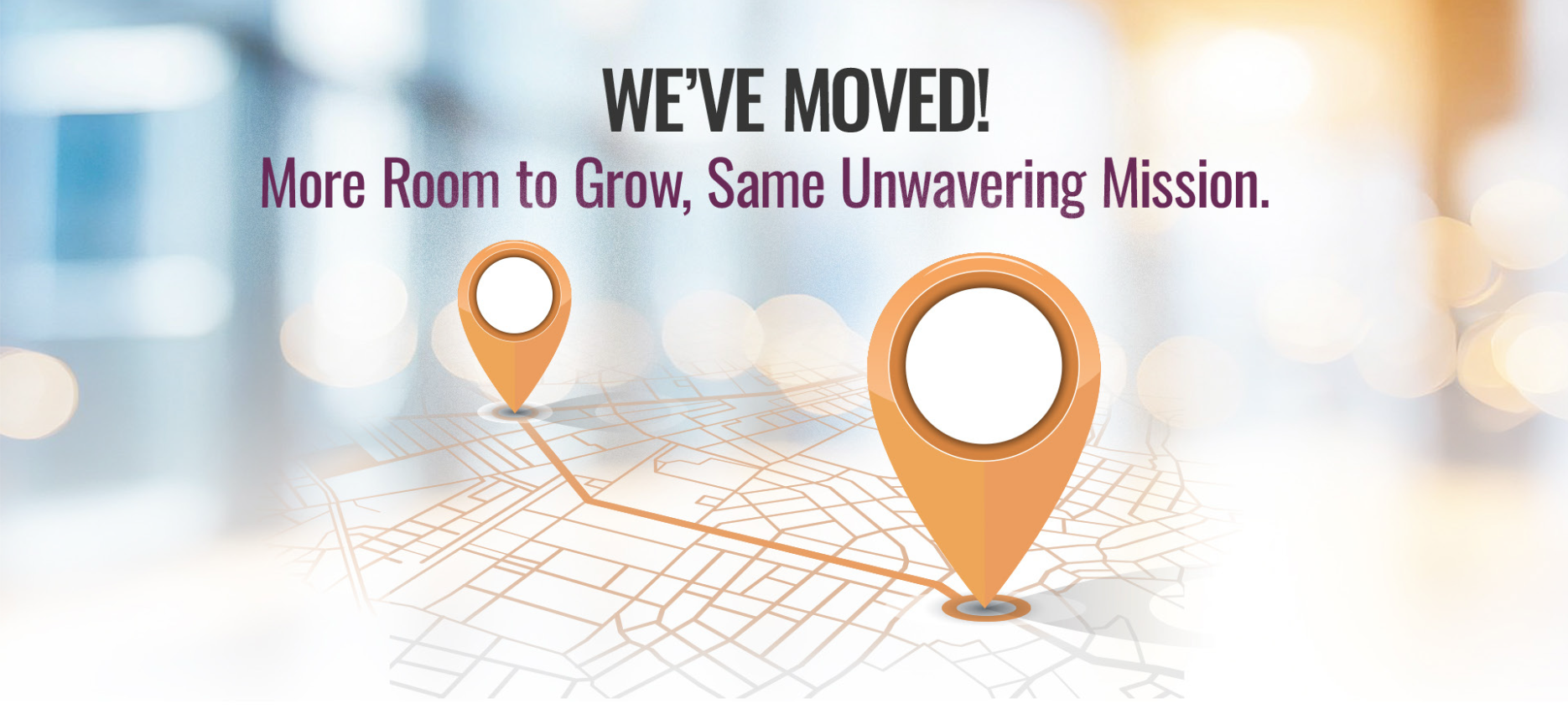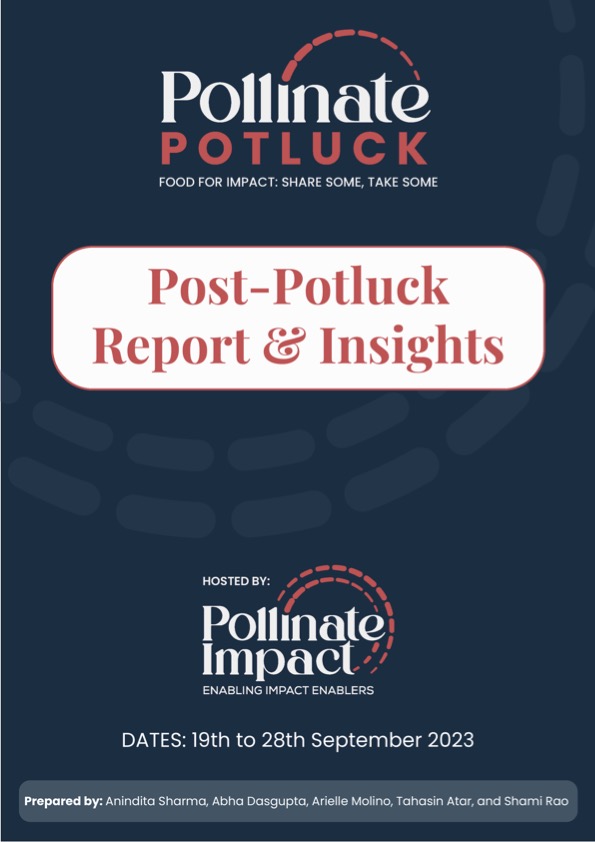The Lemelson Foundation is committed to working with partners to share collective learnings to promote invention in the U.S. and around the world.
The resources below are intended to provide insights and tools to spur invention that has positive social, environmental and economic impact.
Invention Education
-
Invention Education
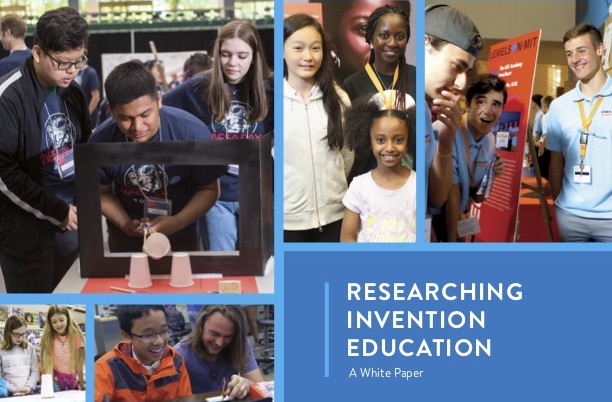
Researching Invention Education
Released at InventEd 2019, Researching Invention Education extends the work published in the April 2019 issue of Technology and Innovation Journal focused on the structure, execution and results of local and national invention education programs from primary school through higher education. Researching Invention Education consolidates the current knowledge base that informs the current work.
-
Invention Education
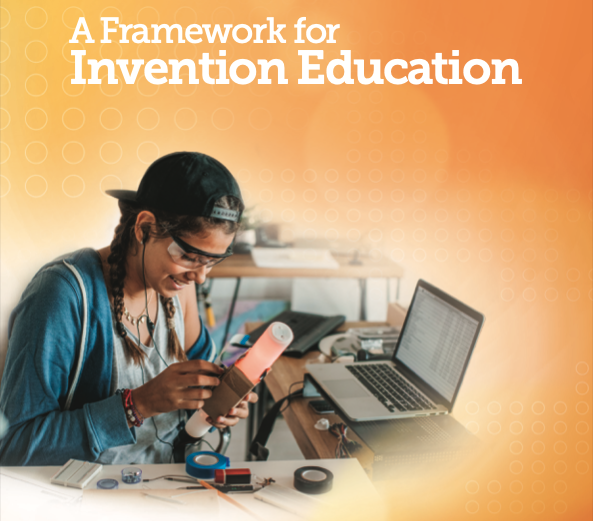
A Framework For Invention Education
The Invention Education Framework promotes consistency and rigor in the field by identifying the principles and characteristics of both formal and informal best-in-class K-12 Invention Education learning experiences. More than 100 community stakeholders – including in- and out-of-school time educators, business leaders, education researchers, nonprofits, policy makers, inventors and representatives of the philanthropic community.
-
Invention Education
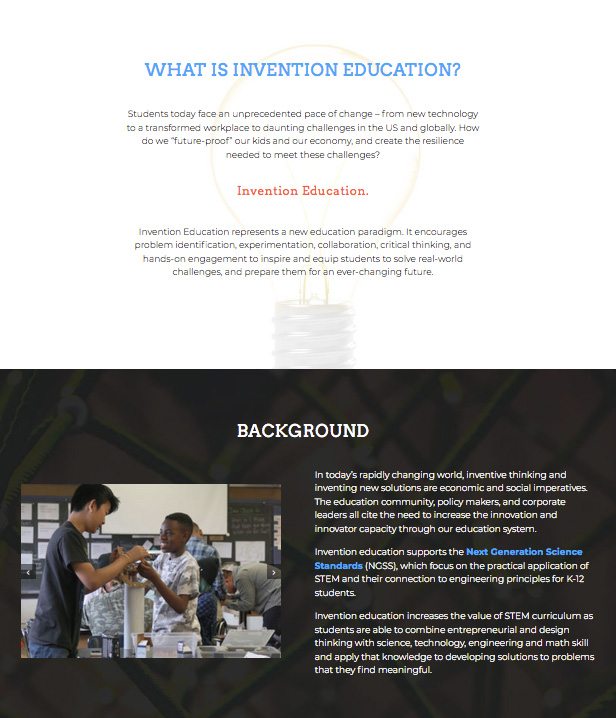
InventionEducation.org
This site produced by The Lemelson Foundation and partners provides resources for educators, administrators and other stakeholders about Invention Education in the U.S.
-
Invention Education
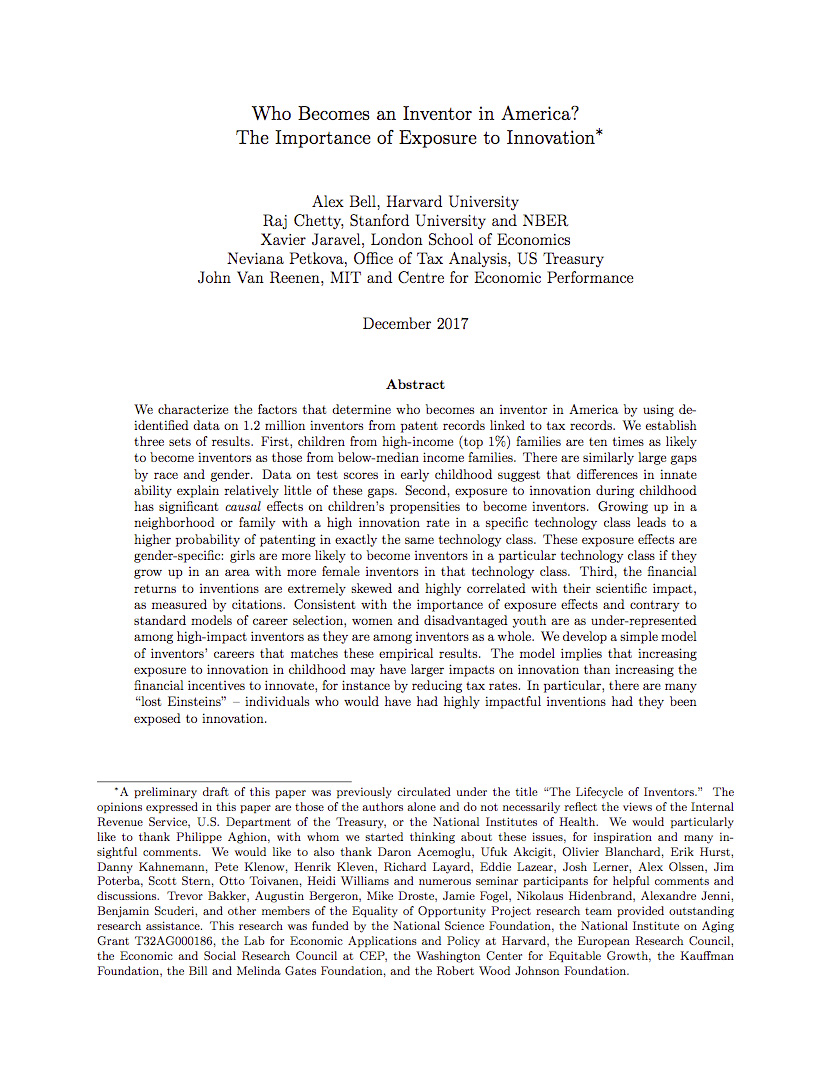
Who Becomes an Inventor in America?
This comprehensive 2017 analysis shows that exposure to innovation during childhood has a significant causal effect on a child’s propensity to become an inventor.
Invention & Entrepreneurship
-
Invention & Entrepreneurship
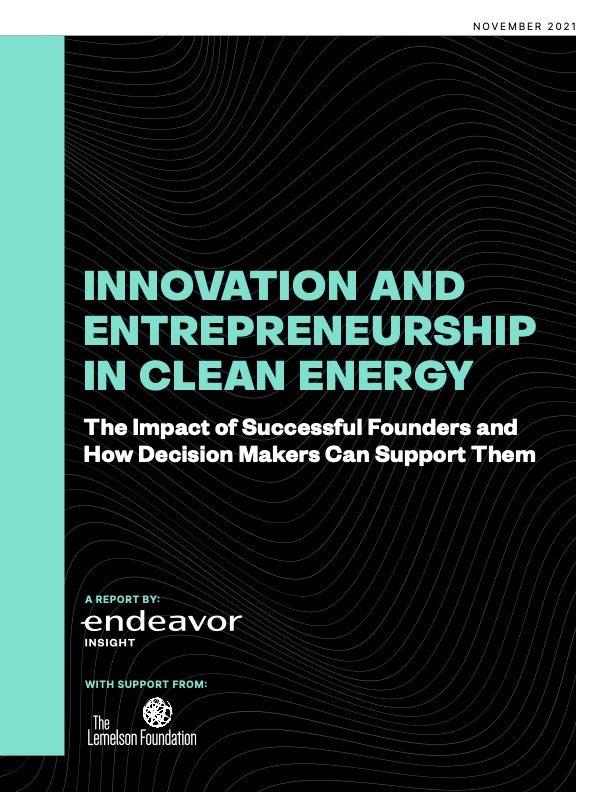
Innovation and Entrepreneurship in Clean Energy
This 2021 report from Endeavor Insight analyzes the challenges and opportunities for invention-based enterprises and service companies in clean energy in sub-Saharan Africa and India.
-
Invention & Entrepreneurship
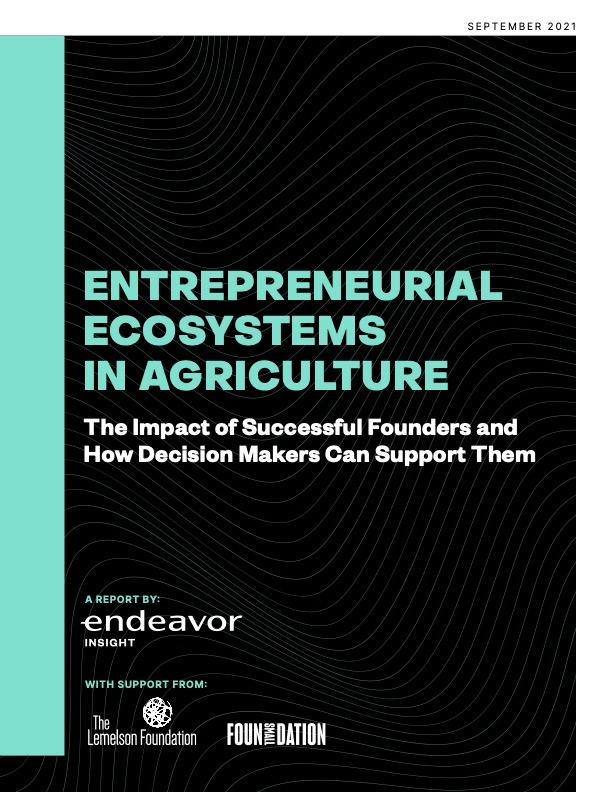
Innovation and Entrepreneurship in Agriculture
This 2021 report from Endeavor Insight examines innovative companies in agriculture in Africa to understand how they can maximize their impact in support of the SDGs.
-
Invention & Entrepreneurship
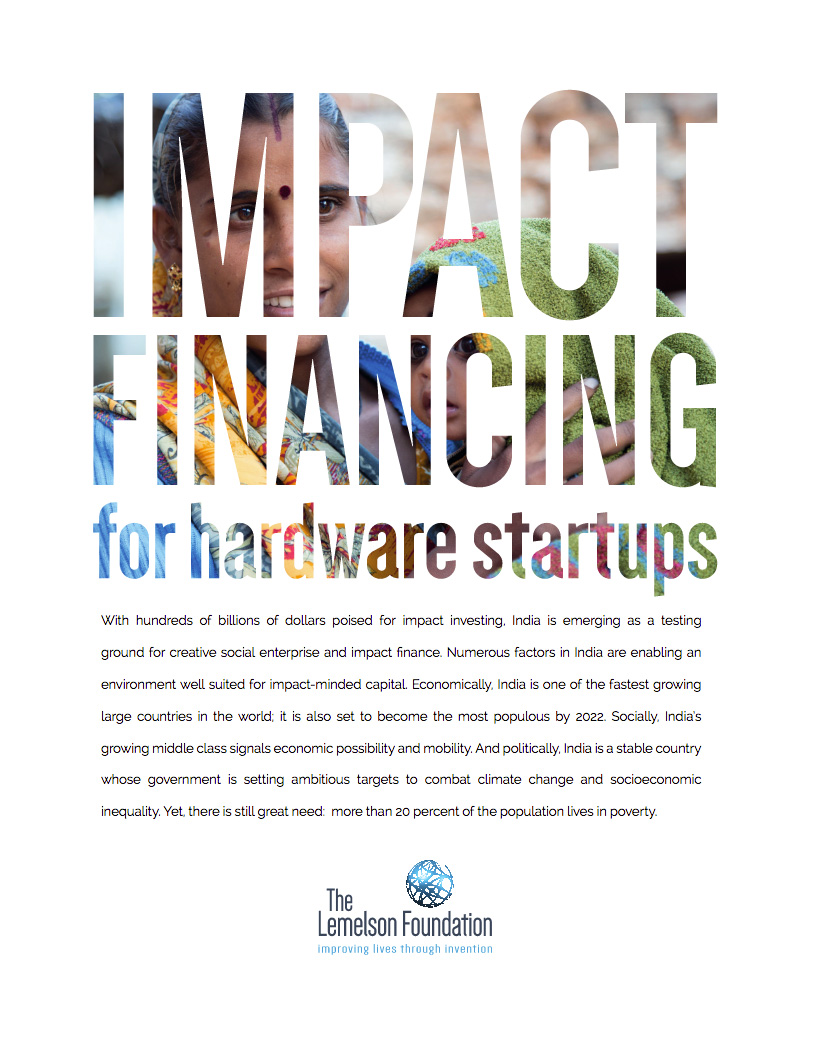
Impact Financing for Hardware Startups
This 2018 resource guide is for investors interested in working with Indian product-based entrepreneurs to deliver impact at scale, and provides a case study of The Lemelson Foundation’s use of Masala bonds for Program-Related Investments.
-
Invention & Entrepreneurship

Hardware Pioneers
In this 2016 report, FSG investigates obstacles to bringing innovative technologies, such as solar lanterns or low-cost medical devices, to under-resourced communities in developing countries.
-
Invention & Entrepreneurship
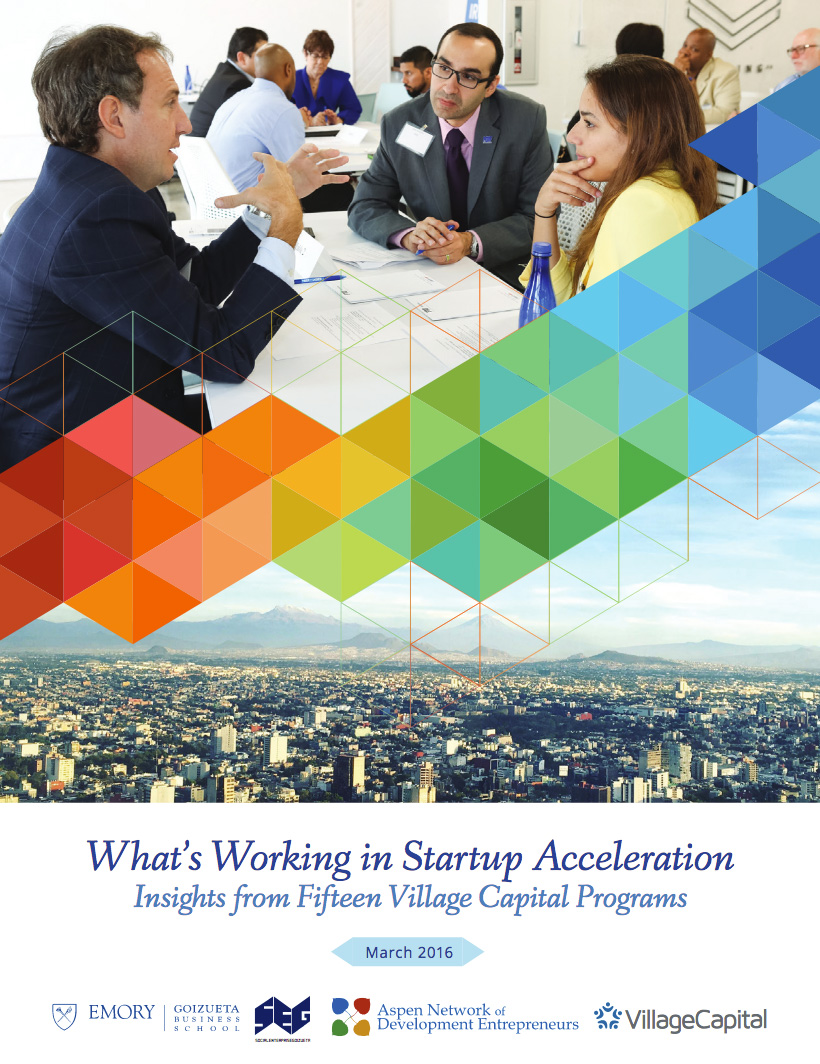
What’s Working in Startup Acceleration: Insights from Fifteen Village Capital Programs
This 2016 report studies the effectiveness of accelerator programs for entrepreneurs in emerging markets working in sectors such as agriculture, energy, education, financial inclusion and health.
-
Invention & Entrepreneurship
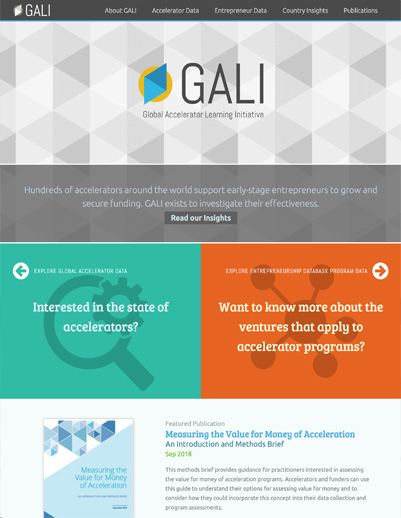
Global Accelerator Learning Initiative
The Global Accelerator Learning Initiative (GALI) uncovers best practices around global business accelerator programs.
-
Invention & Entrepreneurship
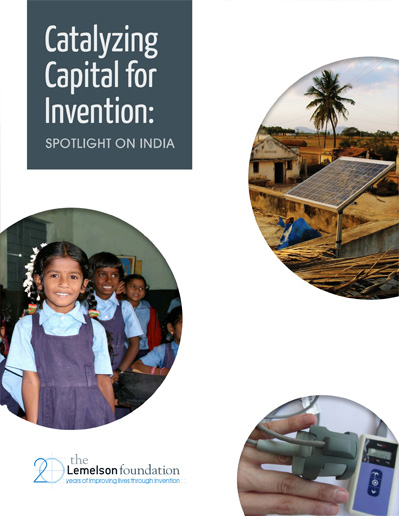
Catalyzing Capital for Invention: Spotlight on India
This 2015 field study examines India’s ecosystem to enable social enterprise, and provides action steps for building support systems in other countries.
-
Invention & Entrepreneurship
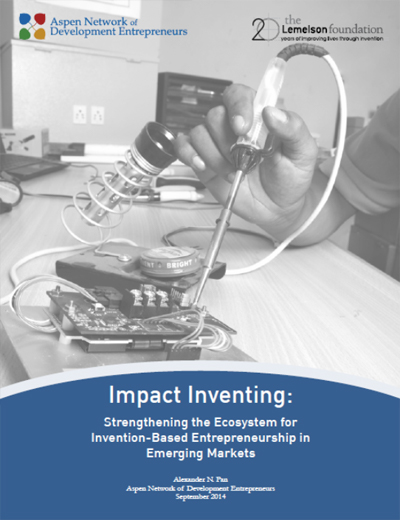
Impact Inventing: Strengthening the Ecosystem for Invention-based Entrepreneurship in Emerging Markets
This 2014 report from the Aspen Network of Development Entrepreneurs (ANDE) details what resources are available for invention-based businesses, what ecosystem level gaps remain and what tangible actions can be taken to fill those gaps.
-
Invention & Entrepreneurship
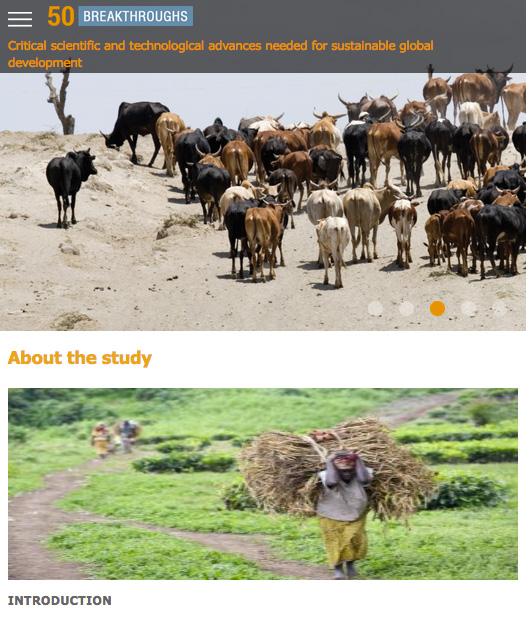
50 Breakthroughs The 50 most critical scientific & technological breakthroughs required for sustainable global development
This 2014 study from the Institute for Globally Transformative Technologies at the Lawrence Berkeley National Lab highlights the critical scientific and technological advances needed for sustainable development.
-
Invention & Entrepreneurship
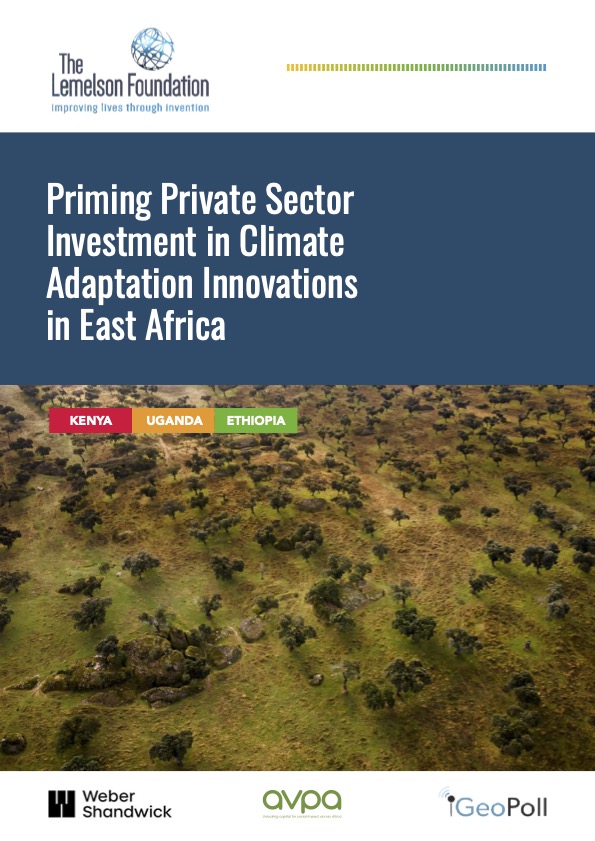
AVPA priming private sector investment in climate adaptation innovations in East Africa
This report aims to identify the needs for physical climate adaptation technologies in East Africa, the investment opportunities, and the practical routes to investment.
-
Invention & Entrepreneurship

SELCO reports: Sustainable Energy Led Climate Action Program
SELCAP offers a comprehensive, compelling, practical way forward to advance development, adapt to climate change, and alleviate poverty in a holistic manner.
-
Invention & Entrepreneurship
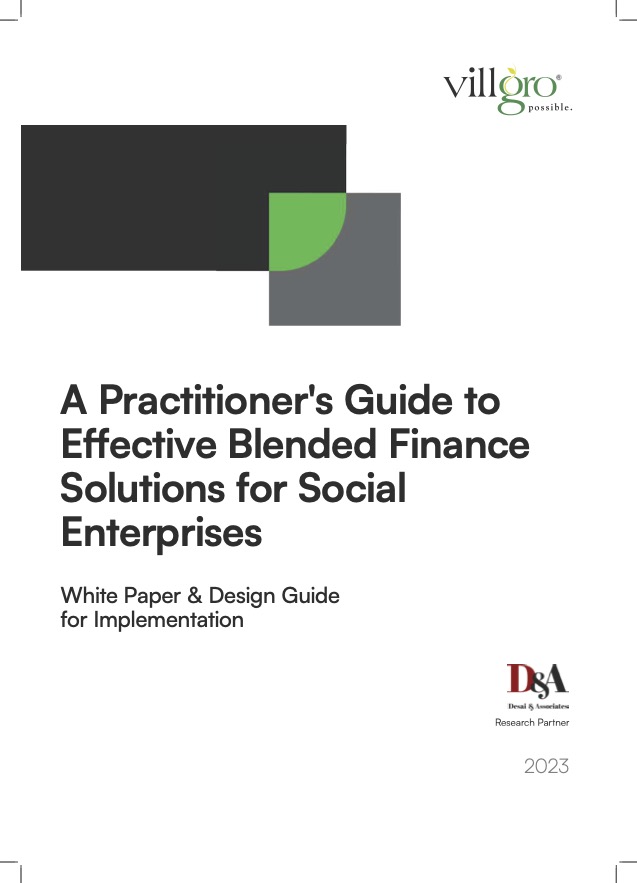
Villgro A Practitioner’s guide to blended finance solutions for social enterprises
Villgro’s comprehensive analysis of the challenges each key stakeholder group faces when trying to put the idea of blended finance into action makes a pragmatic set of recommendations based on Villgro’s own first-hand experiences, specific to enabling impact through social enterprises within India.
Climate Action
-
Climate Action
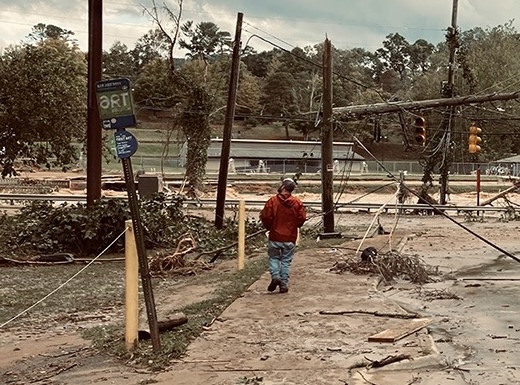
The 2024 state of the climate report: Perilous times on planet Earth
We are on the brink of an irreversible climate disaster. This is a global emergency beyond any doubt. Much of the very fabric of life on Earth is imperiled.
-
Climate Action
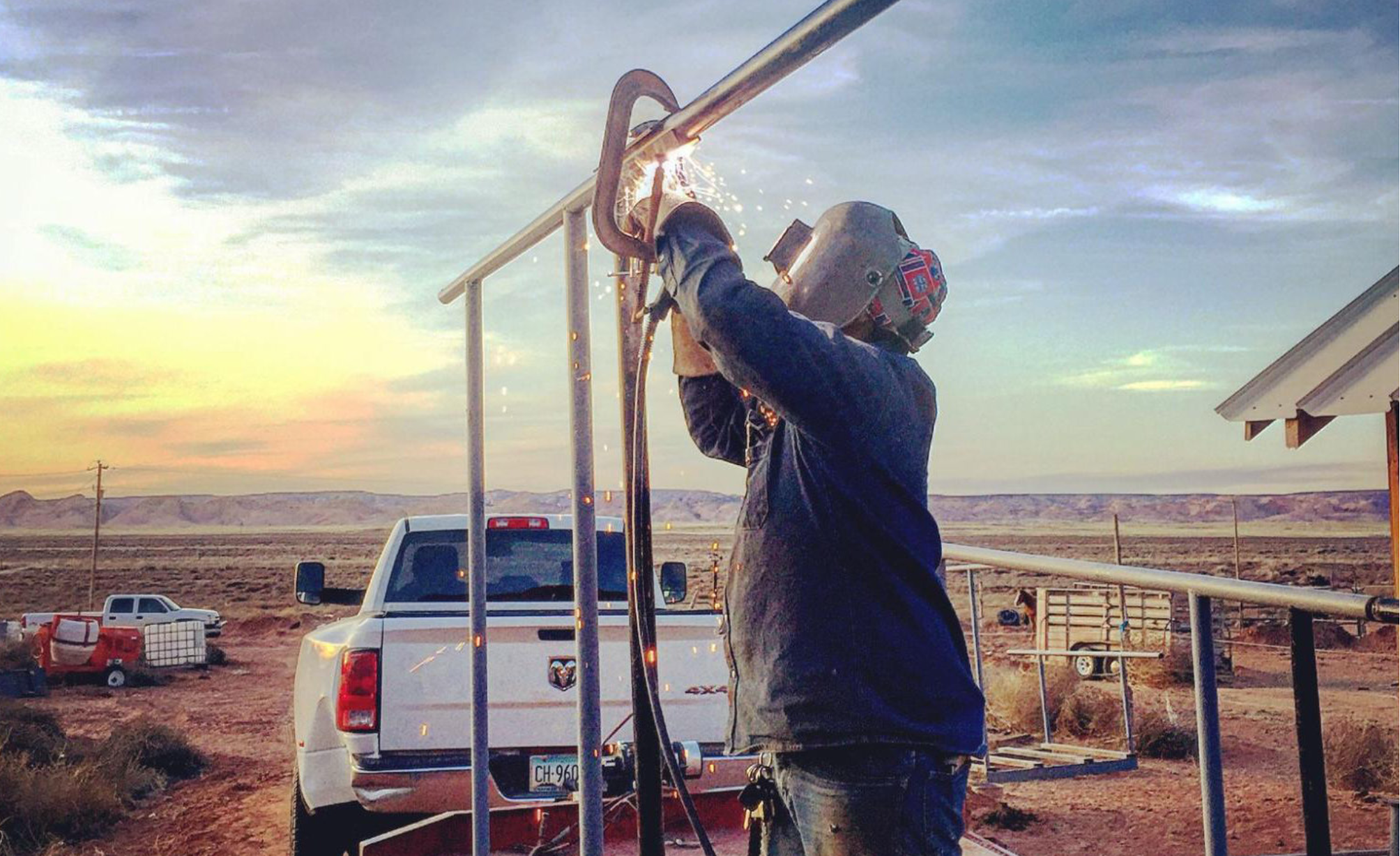
Indigenizing Catalytic Capital
First Peoples Worldwide (FPW) studied the role that catalytic capital plays in “forwarding self-determination and non-extractive investing” for Indigneous Peoples in the United States. “Native Peoples have built economic power; Native businesses are flourishing; and there are ample opportunities to fund successful Native enterprises both on and off reservations,” according to the new report, Indigenizing Catalytic Capital.
-
Climate Action

Funding trends 2024: Climate change mitigation philanthropy
The report traces the evolution of climate philanthropy and highlights ways to support bold climate action.
-
Climate Action

AR6 Synthesis Report: Climate Change 2023
The IPCC finalized the Synthesis Report for the Sixth Assessment Report during the Panel’s 58th Session held in Interlaken, Switzerland from 13 – 19 March 2023.
-
Climate Action

ACE/CIRCLE: Growing and Diversifying Youth Climate Activism
The Center for Information & Research on Civic Learning and Engagement (CIRCLE) and Action for the Climate Emergency (ACE) partnered to examine how climate-focused organizations can reach a wider diversity of young people, both to strengthen their efforts and to deepen youth civic and political engagement.
-
Climate Action

Clear Path to A Clean Energy Future
This second edition of “Clear Path to a Clean Energy Future” updates the inaugural edition, tracking the power sector, clean technology, and policy trends in America. In our previous report, we identified that utility commitments contribute to significant additional reductions in emissions beyond what was projected in our reference case. Still, underinvestments in new technologies and retirement of the existing nuclear fleet could result in a rebound in emissions out to 2050.
-
Climate Action
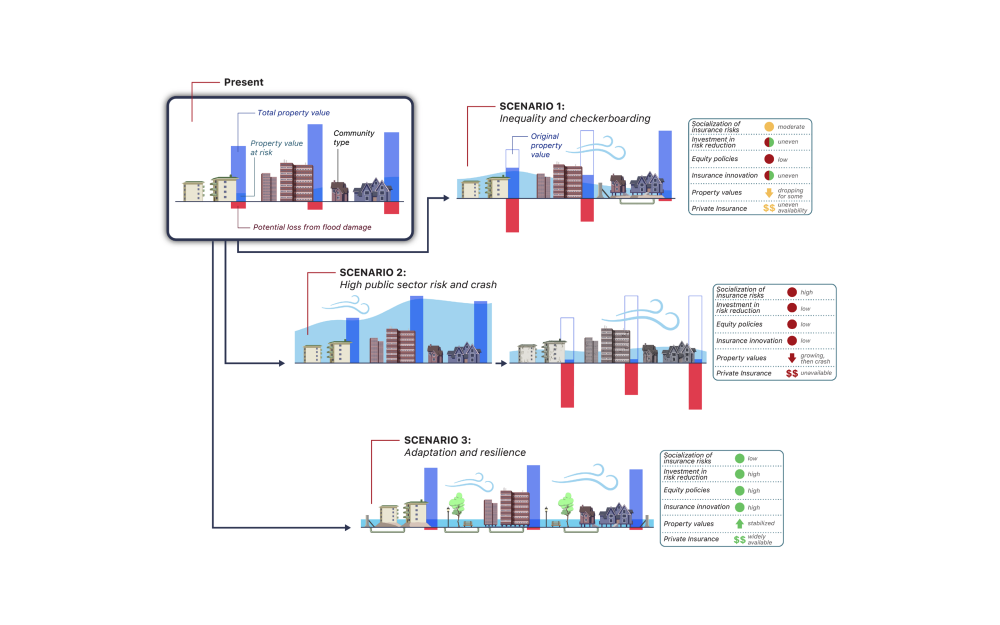
Insurance and climate risks: Policy lessons from three bounding scenarios
This report identifies policy lessons based on the investigation of three bounding scenarios designed to address the question of how near-term (1 to 3 y) policy and regulatory choices surrounding insurance markets in Florida could influence medium-term (3 to 15 y) risk levels, disaster recovery, housing markets, and local economic outcomes.
-
Climate Action

Sustainable Cooling for All in Kenya
Cooling and cold chains are vital for healthcare and vaccines, for nutrition and agricultural value chains, for thermal comfort at home, work, school, in transportation, and for industrial processes and data centres. Affordable and sustainable cooling is essential for a thriving society and a healthy nation, sitting at the intersection of the Paris Climate Agreement, the Kigali Amendment of the Montreal Protocol and the UN Sustainable Development Goals.
Engineering for One Planet
-
Engineering for One Planet
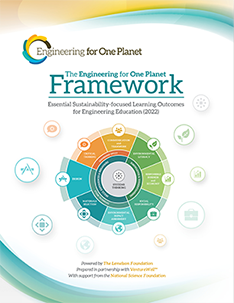
The Engineering for One Planet Framework
This draft curricular framework for the Engineering for One Planet (EOP) initiative from the Foundation and VentureWell will help accelerate integration of environmental and sustainability principles in engineering education.
-
Engineering for One Planet
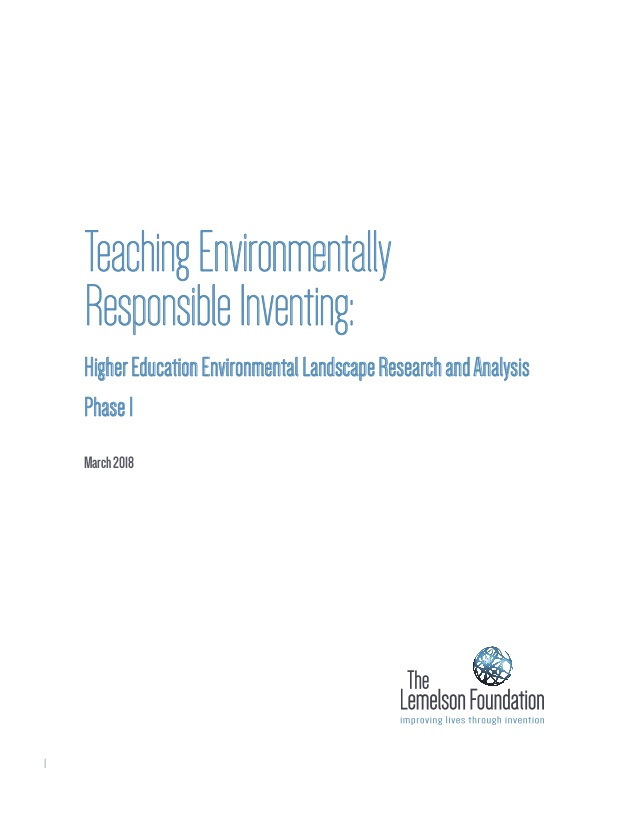
Teaching Environmentally Responsible Inventing – Higher Education Environmental Landscape Research & Analysis Phase I
This qualitative study identifies best practices in teaching Environmental Responsibility to inventors and innovators in higher education.
-
Engineering for One Planet
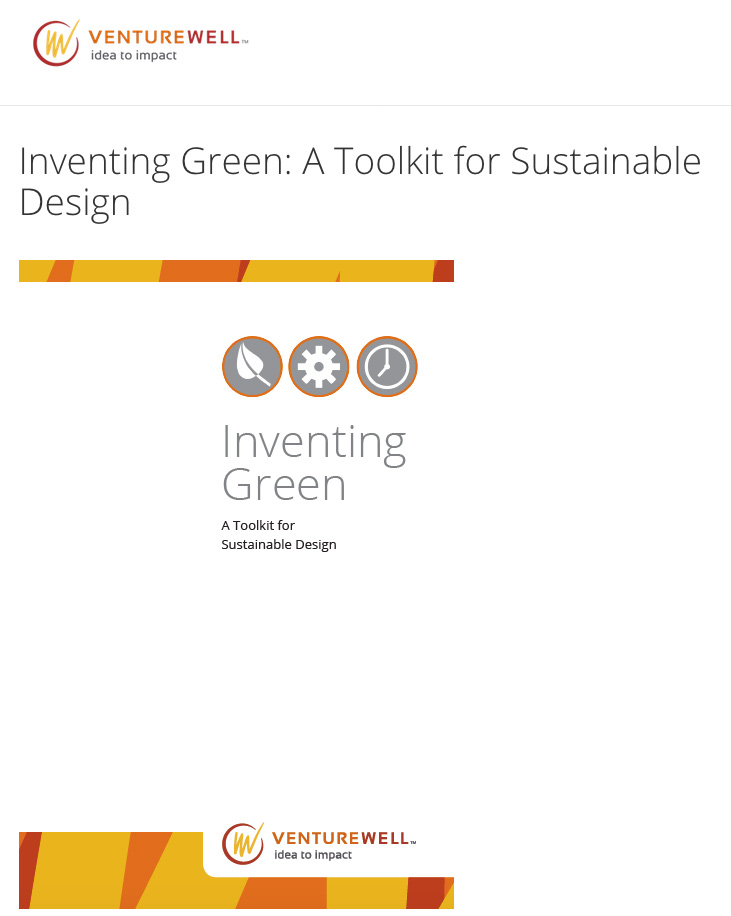
Inventing Green: A Toolkit for Sustainable Design
This toolkit prepared by VentureWell helps early-stage inventors understand how the lifecycle of their products will affect the environment.
-
Engineering for One Planet
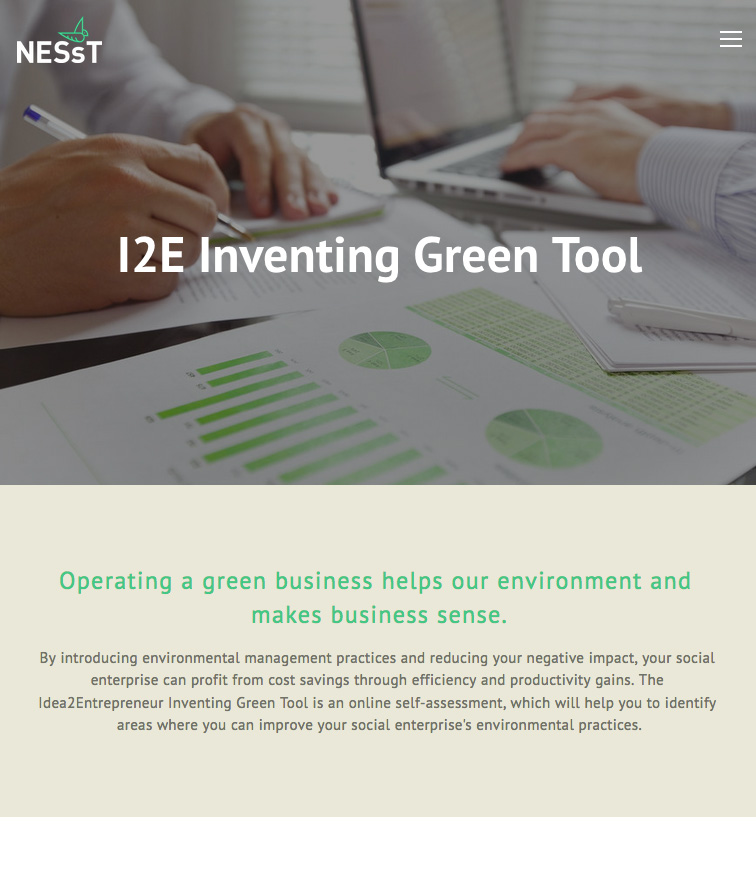
I2E Inventing Green Tool
NESsT provides an online tool that simplifies the process of assessing and tracking environmental impact for companies in the U.S. and developing countries that have started early production and sales and are validating or preparing to scale.
-
Engineering for One Planet
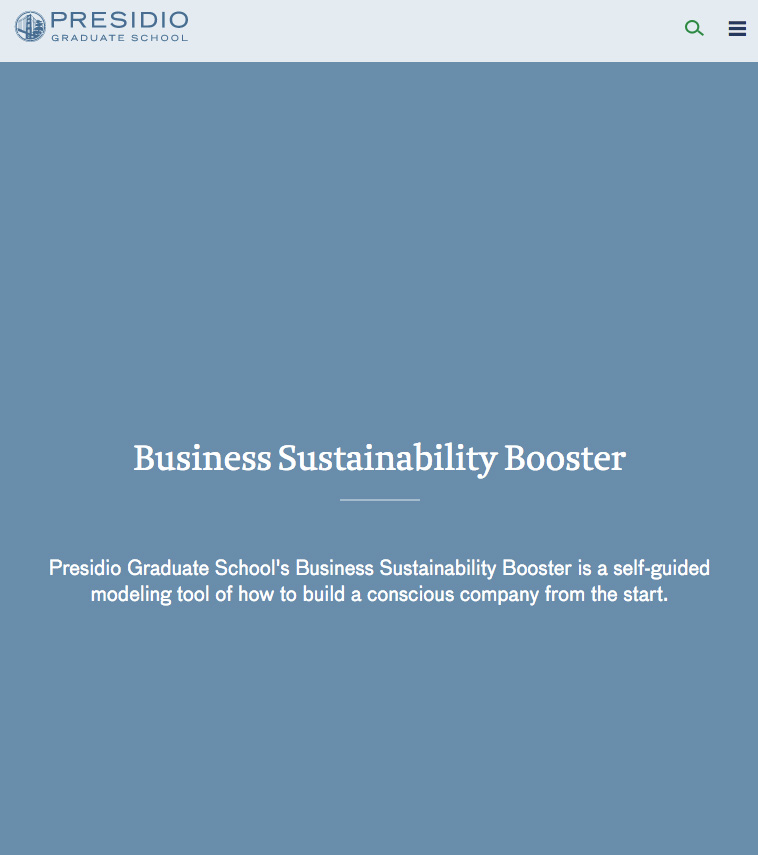
Business Sustainability Booster (BSB)
Presidio Graduate School’s Business Sustainability Booster (BSB), an extension to the well-known “Business Model Canvas” (BMC), guides leaders of startups and existing enterprises through a set of questions to make their business models more socially, environmentally and economically sustainable.
-
Engineering for One Planet
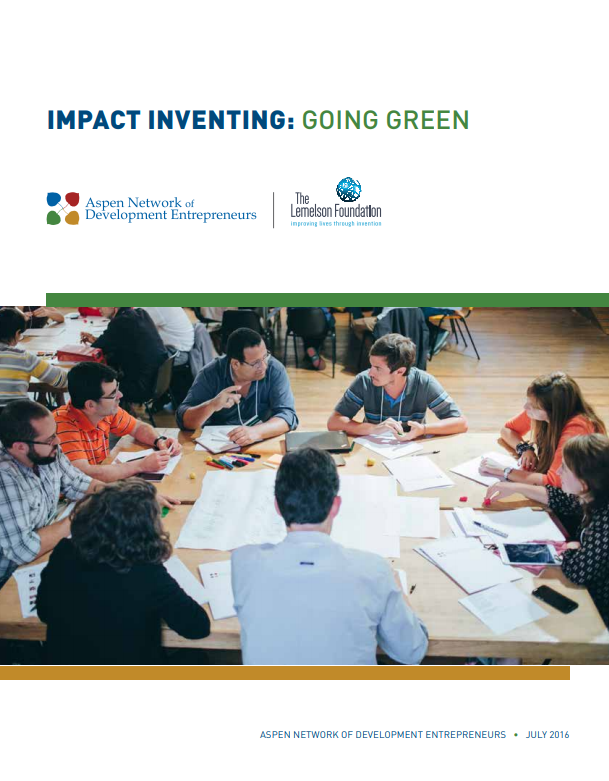
Impact Inventing: Going Green
This 2016 report from the Aspen Network of Development Entrepreneurs (ANDE) explores the areas where invention-based entrepreneurs who promote environmental responsibility require ecosystem-level support in order to succeed.

